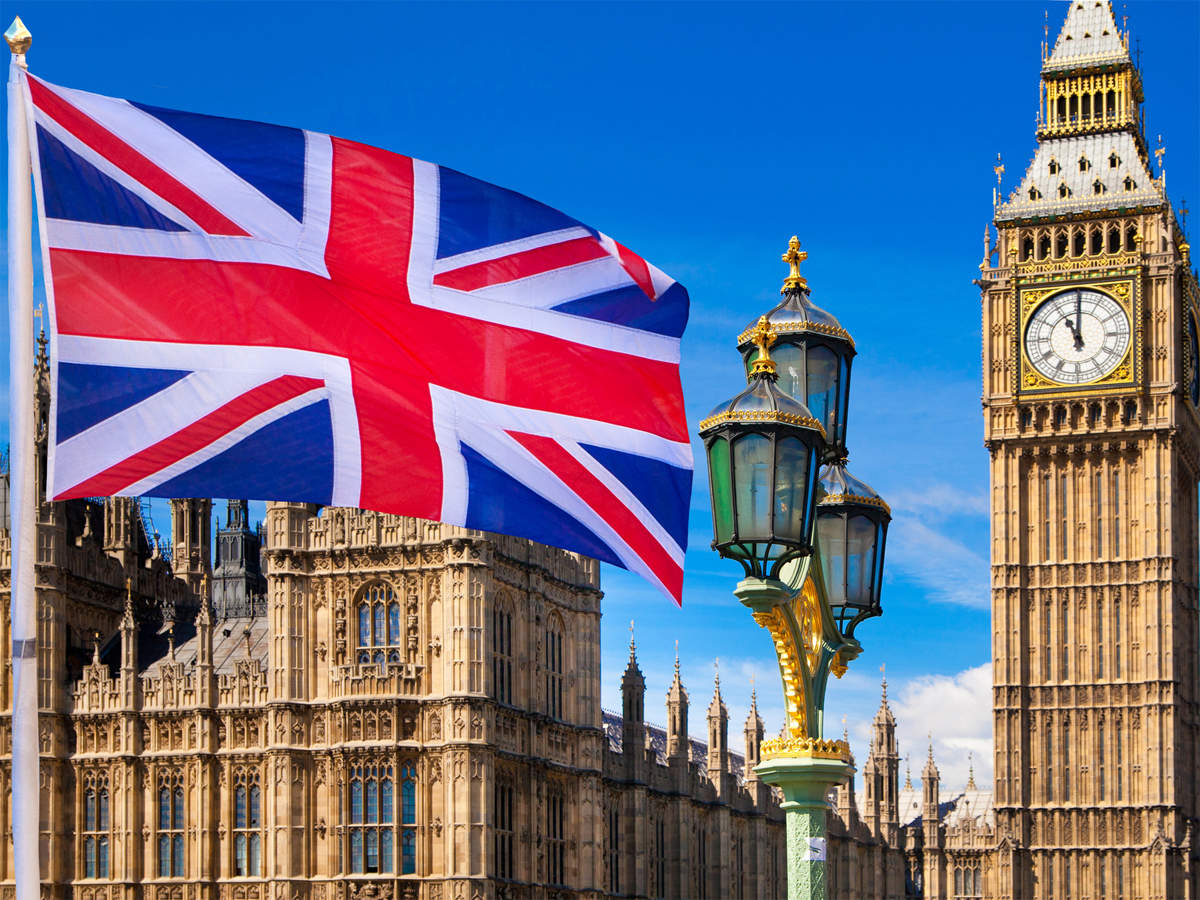UK Introduces Trade Reforms to Strengthen Ties with Developing Nations
The United Kingdom has unveiled a series of trade reforms designed to streamline access to the UK market and deepen economic relationships with developing countries. These changes come after extensive discussions with UK businesses, international partners, major importers, and trade associations. The initiatives are expected to have a significant impact on African exporters and entrepreneurs, supporting efforts to increase exports to the UK and promote regional integration under the African Continental Free Trade Area (AfCFTA). According to the African Union, this could lead to an estimated $3.4 trillion in combined GDP growth.
Last year alone, goods valued at over £3.2 billion imported into the UK from African countries benefited from preferential treatment under the UK’s development trading arrangements. The new reforms aim to build on this success by simplifying rules of origin, which will allow all Developing Countries Trading Scheme (DCTS) countries—such as Nigeria—to source materials across the African continent while maintaining tariff-free access to the UK market.
Key Components of the Trade Reforms
The updated trade policies include several key changes:
- Simplified Rules of Origin: This allows DCTS countries to use inputs from other African nations without losing their preferential access to the UK market.
- Targeted Support for Exporters: The UK plans to offer assistance to help African exporters meet UK standards and navigate customs procedures more effectively.
- Enhanced Services Trade: The reforms also seek to make it easier for partner countries to trade services such as digital, legal, and financial services by strengthening future trade agreements.
These updates are part of the UK’s broader Trade for Development initiative, which aims to foster economic growth in partner countries while enabling UK businesses and consumers to access high-quality, affordable goods. The reforms also align with the UK’s new trade strategy, which emphasizes growth through global partnerships and future-oriented markets.
Commitment to Global Partnerships
The reforms reflect the UK’s growing focus on building stronger, more equitable trade relationships with developing nations. In a statement, UK Minister for Development Jenny Chapman highlighted the shift in how the UK is viewed by countries in the Global South. “The world is changing. Countries in the Global South want a different relationship with the UK as a trading partner and investor, not as a donor,” she said. “These new rules will make it easier for developing countries to trade more closely with the UK. This is good for their economies and for UK consumers and businesses.”
Minister for Trade Policy Douglas Alexander added, “No country has ever lifted itself out of poverty without trading with its neighbours. Over recent decades, trade has been an essential ingredient in lifting hundreds of millions of people out of poverty around the globe.”
Expanding Services Trade
In addition to these reforms, the UK government has pledged to expand services trade with developing countries. This includes supporting sectors such as digital and professional services, which are critical for economic development and innovation.
Launched in 2023, following the UK’s exit from the European Union, the DCTS is the UK’s flagship trade preference scheme. It covers 65 countries and offers reduced or zero tariffs on thousands of products. The new reforms are expected to further enhance the benefits of this scheme for participating nations.
Conclusion
The UK’s latest trade reforms represent a strategic move to strengthen economic ties with developing countries, particularly in Africa. By simplifying trade rules, providing targeted support, and expanding services trade, the UK is positioning itself as a key partner in the global effort to drive sustainable economic growth. These changes not only benefit African exporters but also contribute to broader goals of regional integration and poverty reduction. As the UK continues to refine its trade strategy, the focus remains on creating mutually beneficial relationships that support both developing and developed economies.







